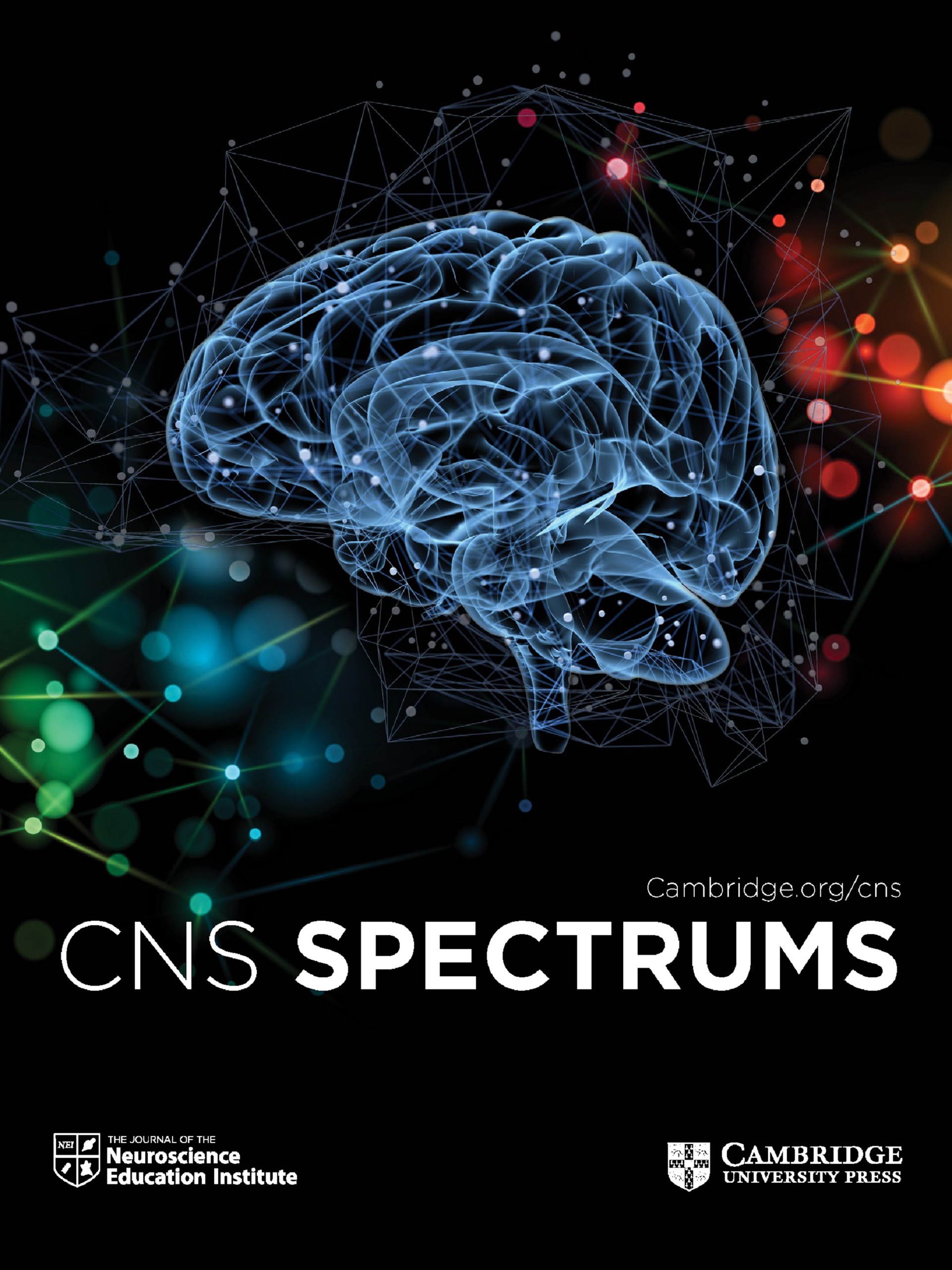- Joined
- Jul 5, 2016
- Messages
- 699
- Reaction score
- 1,296
Has anyone explored this or have any feelings about this? There aren't exactly plentiful options for bipolar depression and some have not the greatest side effects, weight gain and sedation being some of the more common. Although I thought I read that MAOIs may be less prone to causing the switching over to mania? Especially if there is a good mood stabilizing agent on board, what are your thoughts? From some of the literature I've encountered, for bipolar patients with ADHD, patients seem to do alright on stims as long as they have a mood stabilizing agent too.
Also, most of my experience with MAOIs currently are with the transdermal formulation. From what I gather so far, in particular, there is a guide about prescribing MAOIs in Current Psychiatry (Vol 16, No 12, from December 2017). It says a good rule of thumb is that tyramine is hardly a concern if a patient sticks to fresh foods (with the exception of some things like fava beans?). It also says these days most people rarely ingest over 25mg of tyramine in a meal. It also said those on 6mg/day of emsam, those who consumed a meal with 400mg of tyramine did not notice significant pressor response but tyramine doses in capsules as low as 8-10mg can increase SBP by 30mm Hg. Article says when ingested as food, tyramine less than 50mg are unlikely to cause major BP changes but some can be as sensitive to 10-25mg. They recommend hospital evaluation if patient ingested over 100mg of tyramine which these days would just about need to be intentional as well as BP cuff if pt has concerns or symptoms. Based on data from 1960-1964, it says about 1.5 million patients took MAOIs, no dietary guidelines, and 14 deaths were reported. So, in a reliable and appropriate patient, you could give them dietary guidelines of high tyramine foods to avoid and recommend they have a BP cuff for rare instances where a dietary indiscretion may have occurred or they may be experiencing a headache. Thus far I have been working with registered dietitians to help patients, but this is cumbersome. Do a lot of psychiatrists mostly provide a list of foods to avoid, recommend a medical bracelet too (in rare event of emergency so other medical providers know they are on an MAOI), and go from there?
Also, most of my experience with MAOIs currently are with the transdermal formulation. From what I gather so far, in particular, there is a guide about prescribing MAOIs in Current Psychiatry (Vol 16, No 12, from December 2017). It says a good rule of thumb is that tyramine is hardly a concern if a patient sticks to fresh foods (with the exception of some things like fava beans?). It also says these days most people rarely ingest over 25mg of tyramine in a meal. It also said those on 6mg/day of emsam, those who consumed a meal with 400mg of tyramine did not notice significant pressor response but tyramine doses in capsules as low as 8-10mg can increase SBP by 30mm Hg. Article says when ingested as food, tyramine less than 50mg are unlikely to cause major BP changes but some can be as sensitive to 10-25mg. They recommend hospital evaluation if patient ingested over 100mg of tyramine which these days would just about need to be intentional as well as BP cuff if pt has concerns or symptoms. Based on data from 1960-1964, it says about 1.5 million patients took MAOIs, no dietary guidelines, and 14 deaths were reported. So, in a reliable and appropriate patient, you could give them dietary guidelines of high tyramine foods to avoid and recommend they have a BP cuff for rare instances where a dietary indiscretion may have occurred or they may be experiencing a headache. Thus far I have been working with registered dietitians to help patients, but this is cumbersome. Do a lot of psychiatrists mostly provide a list of foods to avoid, recommend a medical bracelet too (in rare event of emergency so other medical providers know they are on an MAOI), and go from there?

